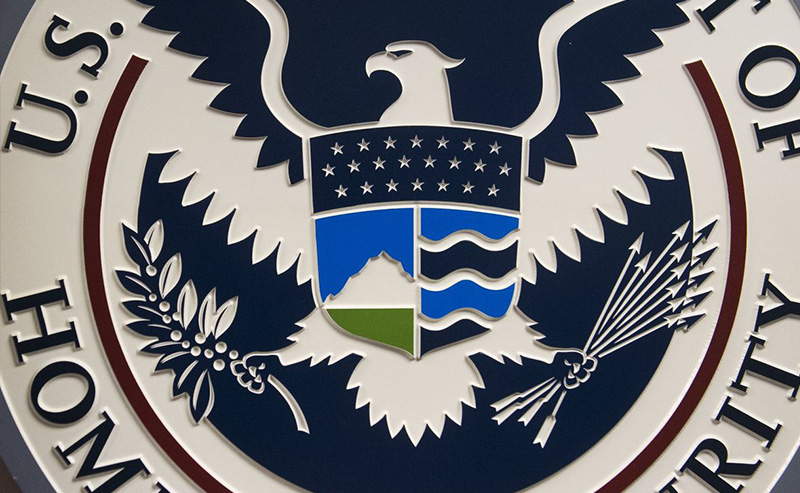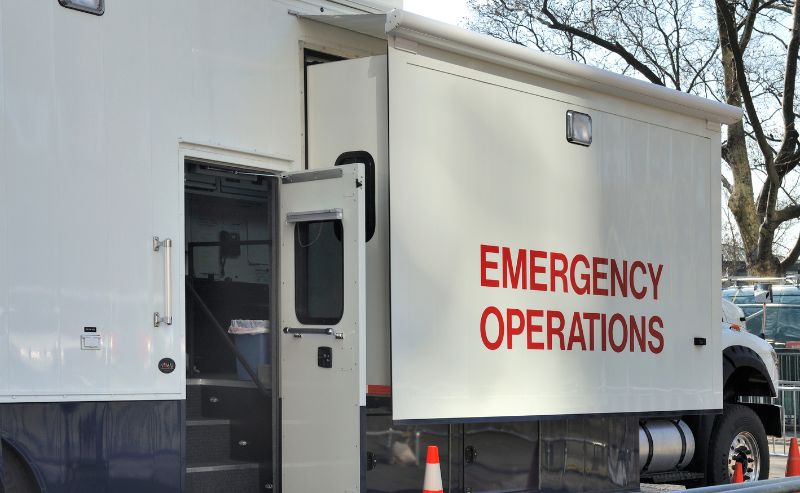As recently reported by Homeland Preparedness News, a bipartisan group of U.S. House members called on the Trump administration to restore millions of dollars in homeland security grants aimed at combatting terrorism. The Trump administration has proposed reducing funding to both the State Homeland Security Grant Program and the Urban Area Security Initiative (UASI) by about a third, to $331.4 million and $426.5 million, respectively, for fiscal year 2020. That could spell trouble for those hoping to bolster, or maintain, preparedness measures in the months (and years) ahead.
Terrorism is a real and ever-present threat across our country. And, not just for major cities like New York, Los Angeles, or Chicago, but also for smaller (and yes, softer) targets from coast to coast.
“The threat landscape is ever-evolving, and a lack of preparedness funding from the federal government would make it that much more difficult for states to meet their homeland security needs,” said U.S. Republican Donald Payne of New Jersey during a recent hearing before the House Homeland Security Committee’s subcommittee on Emergency Preparedness, Response and Recovery. “Today, America is at an elevated risk of terrorist attack following the killing of Iranian general Qasem Soleimani by U.S. forces in Iraq. And, because Iran has promised revenge, jurisdictions like mine are on heightened alert and have to be more vigilant.”
Such retaliation may come in the form of a terrorist bombing or even a cyberattack on a government agency or agencies. Among the many now fearing such actions is the City of Charlotte, North Carolina. That’s where the highly anticipated Republican National Convention will be held in August 2020.
As published in the recent Homeland Preparedness News article, Michael Sprayberry, director of North Carolina Emergency Management at the North Carolina Office of Recovery and Resiliency said, “Due to this [funding] reduction, we have not been able to fund significant new initiatives to improve preparedness.” Further, the removal of Charlotte from the list of funded UASI jurisdictions is “problematic,” meaning it will “be unable to fund planned purchases of anti-terrorism equipment for law enforcement, bomb squad equipment and communications equipment.” It will also be unable to fund all-important planned exercises.
For now, Charlotte (like other cities across the country) must do the best it can with what it has. It should also hold out hope that Congress will reverse the proposed homeland security cuts as it has successfully done in the past.






